RIU close eight hotels in the Canary Islands as of Sunday September 6 2020. The news, that RIU Hotels & Resorts hotel chain have reportedly announced to their suppliers, comes following Germany having included the region, this week, on its list of destinations not recommended for travel. It is feared the move may cause other hotels in the archipelago to follow suit, as economic mayhem builds in the wake of continued uncertainty about the coronavirus pandemic in The Canary Islands. Though the numbers are still very small, the islands registered 381 new positives on Thursday, a new daily infections record, and three new deaths. More than half of all recent infections have been on the north of Gran Canaria, in the capital Las Palmas, with very few detected on the touristed south of the island where many of these hotels are situated, nonetheless the tourism industry, hoteliers and hospitality businesses fear ruin if they do not take steps to mitigate the huge expected economic downturn, the effects of which are already evident across the archipelago. It is not clear yet if RIU’s decision is temporary or permanent.
On Wednesday, Germany updated their list of “safe destinations” to which citizens can travel without restrictions, as long as they take precautions to avoid coronavirus. The Archipelago was included for the first time on its blacklist as a result of the incessant increase in new infections detected in the region over recent weeks, forcing the regional Government to tighten measures among the islanders, so as to try arrest the spread of the virus. Gran Canaria, Lanzarote and El Hierro already have a detected infection rate of more than 100 cases per 100,000 inhabitants, measured over the last 14 days.
 Spanish language news portal, Tiempo de Canarias, have reported that RIU will close eight hotels from this Sunday September 6, most of them on Gran Canaria: RIU Papayas (Gran Canaria), Riu Vistamar (Gran Canaria), Riu Palace Meloneras (Gran Canaria) ), RIU Palace Maspalomas (Gran Canaria), Riu Palace Palmeras (Gran Canaria), RIU Arecas (Tenerife), RIU Calypso (Fuerteventura), and RIU Paraíso (Lanzarote).
Spanish language news portal, Tiempo de Canarias, have reported that RIU will close eight hotels from this Sunday September 6, most of them on Gran Canaria: RIU Papayas (Gran Canaria), Riu Vistamar (Gran Canaria), Riu Palace Meloneras (Gran Canaria) ), RIU Palace Maspalomas (Gran Canaria), Riu Palace Palmeras (Gran Canaria), RIU Arecas (Tenerife), RIU Calypso (Fuerteventura), and RIU Paraíso (Lanzarote).
President of the Regional Government, Ángel Víctor Torres, has said “We are the community that we have lasted the longest before being blacklisted, but the current situation is a reality.” at his public appearance this Friday.
According to the Minister of Tourism, the German veto will cause “a clear decrease in the demand for trips to the Canary Islands, although not as drastic as in the case of the United Kingdom”
Meanwhile, the regional executive has approved a decree-law “on infractions and sanctions in relation to the rules that govern social life during the pandemic.” This was announced by Canary Islands Government spokesman, Julio Pérez, after the Government Council session held at the Presidency headquarters in Santa Cruz de Tenerife where the COVID19 epidemiological situation in the Archipelago was addressed. That Council that will continue this Friday afternoon.
For her part the Canary Islands Minister of Tourism, Industry and Commerce, Yaiza Castilla, said she regretted Germany’s decision to veto the Canary Islands as a safe destination, joining similar decisions made by other countries including the United Kingdom, the Netherlands and Poland. Castilla went on to say that “this decision will undoubtedly entail a clear reduction in the demand for trips to the Canary Islands, although not as drastic as was in the case of the United Kingdom”.
Castilla said that she hopes the Canary Islands can turn the situation caused by the virus around within four weeks, by tightening the restrictive measures and controls to stop the high rate of infections from continuing. She believes that strong commitment from the entire population will be necessary to achieve this objective, reaffirming that islanders must “become aware that almost one in every two jobs depends directly or indirectly on tourism, not counting all the induced employment generated by this activity in the Canary Islands”.
Editor's Thought:
What will happen to the employees? Are they all to be made redundant? Is this just a temporary measure, or something more permanent?
If not temporary, should large multinationals be allowed to wield such devastating impact on us with one single decision?
We will certainly all remember how quickly fortunes changed and how we all worked together in a time of crisis.
Do we need such fickle business partners, wouldn’t we be better off working with local, sustainable businesses fully invested in our destination? Isn’t it time The Canary Islands favoured smaller, more sustainable partnerships, who don’t wreak such havoc when the going gets tough?
With huge increases in migration to the islands, and faced with the potential for evictions and homelessness over the coming months, should we not be considering these hotels as usable infrastructure, at least temporarily, while we weather this unprecedented storm?
There are a lot of questions to be answered moving forwards. Things just got a little tougher.

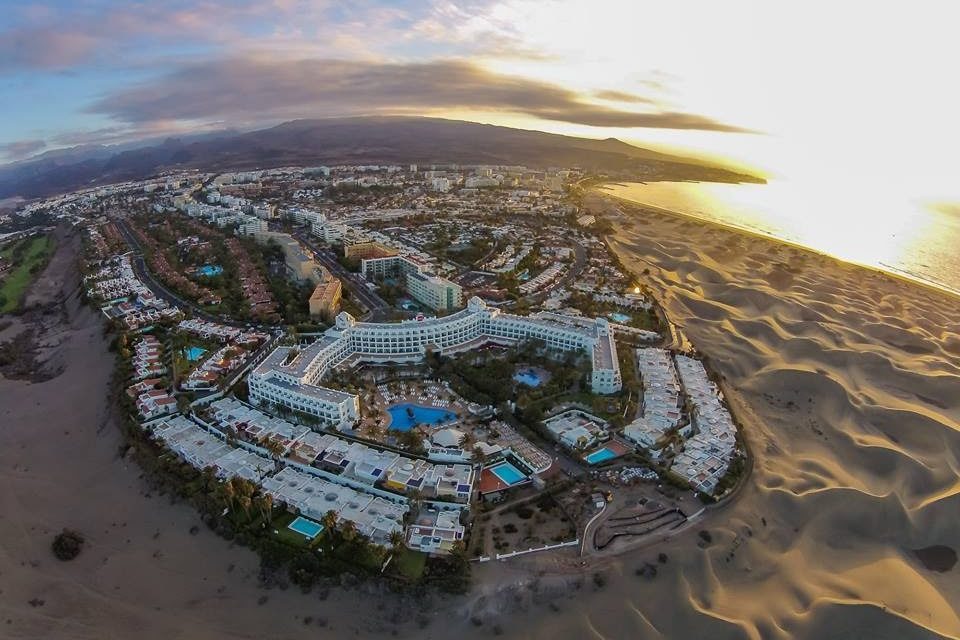






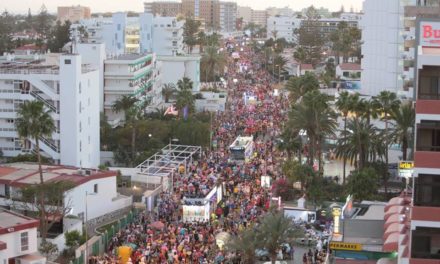
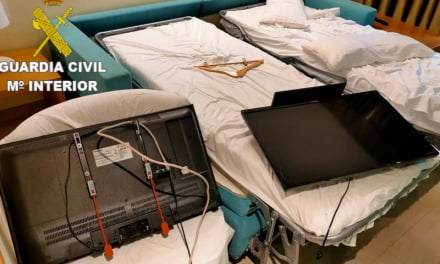
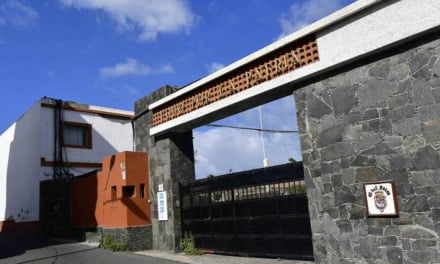
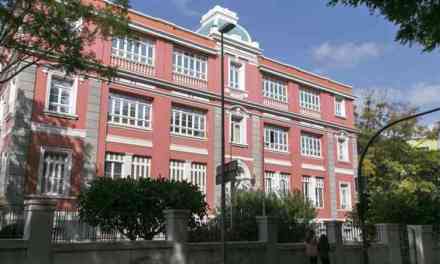


Couldn’t agree more with the editor’s thoughts on hotel chains. The Canaries have put all their eggs in one (foreign owned) basket, with the devastating results we now see. Mass tourism is a poisoned chalice and politicians need to wake up to this. Maybe they were blinded by the money when the going was good but now they need to come up with a sustainable, and much more diverse, recovery package.
Were can we send things for the hotel workers hat can get there kids this GS for school and all the workers that are now out of a job at this moment.
Holiday booked 26th OCT.is it likely to go ahead.From UK
That largely depends on all of us working together, and making sure our political leaders are doing the same. It is safe, and we are open.